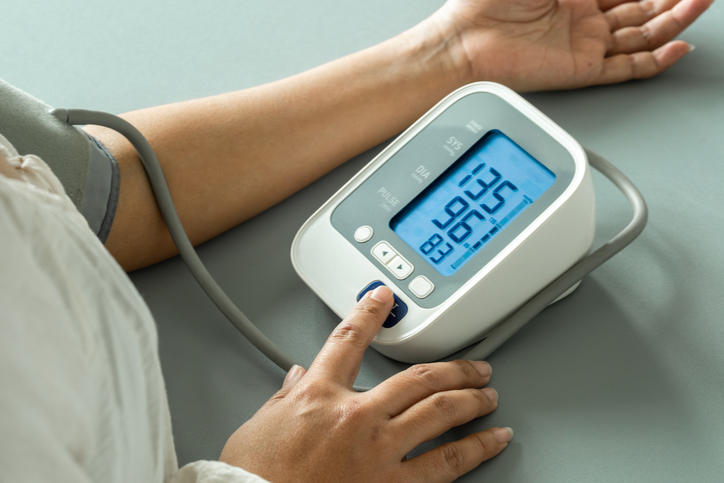
Women who reach menopause before the age of 50 are at an elevated risk for cardiovascular disease, according to a new analysis.
The paper, published in The Lancet Public Health, pooled individual-level data from 15 different observational studies between 1946 and 2013. Individuals included in the analysis (n=301,438) had reported menopause status, age at natural menopause, and cardiovascular disease status (including coronary heart disease and stroke). The primary study endpoint was the occurrence of a composite of first non-fatal cardiovascular disease (incident coronary heart disease, heart attack, angina) or stroke (ischemic stroke or hemorrhagic stroke). Using Cox proportional hazards models, the authors estimated multivariate hazard ratios (HR), for associations between menopause age and incident cardiovascular disease events. The models were also adjusted to account for smoking status, menopausal hormone therapy status, body-mass index and education level.
According to the results, when compared to women who had menopause at the traditional age range 50 to 51 years, there was an elevated risk of cardiovascular disease in women who had premature (age <40 years; HR=1.55; 95% CI, 1.38 to 1.73; P<0.0001), early (age 40 to 44 years; HR=1.30; 95% CI, 1.22 to 1.39; P<0.0001), and relatively early menopause (age 45 to 49 years; HR=1.88; 1.62 to 2.20; P<0.0001). There was a reduced risk of cardiovascular disease after reaching menopause beyond age 51 (P<0.0001 for trend). The associations were remained in smokers as well.
“Compared with women who had menopause at age 50 to 51 years, women with premature and early menopause had a substantially increased risk of a non-fatal cardiovascular disease event before the age of 60 years, but not after age 70 years,” the authors wrote in their abstract. “Women with earlier menopause need close monitoring in clinical practice, and age at menopause might also be considered as an important factor in risk stratification of cardiovascular disease for women.”
An accompanying commentary published with the study suggests that the findings carry important implications for public health and clinical care, and highlight the need for advocacy on the issue of heart disease in younger women.
” A common misconception already exists among health professionals and the general public, that cardiovascular disease predominantly affects men, at least until older age,” the authors wrote. “This sex-bias needs to addressed, with emphasis on the increasing risk in younger women, in addition to new sex-specific preventative and therapeutic strategies for reducing and managing cardiovascular disease in women.”
More supporting evidence about the positive impact of #HRT on #cardiovascular disease in women. https://t.co/EVefB1c8hw
— Dr Anne Henderson (@GynaeExpert) October 7, 2019
This won't make front page ☹️
Why not??? https://t.co/E4ipo5wRHV— The Irish Menopause (@IrishMenopause) October 6, 2019
“Early loss of oestrogen might impair vascular function” https://t.co/hJMGyRHoAR
— 🇺🇦 Dr Cathy mostly 🏊♀️ (@cathy_paget) October 6, 2019
Age at natural menopause and risk of incident CVD – Lancet Public Health. Important findings confirming the protective effect of HRT in this group. The benefit was noted in younger naturally menopausal women (45-49) as well as early menopause / POI https://t.co/WNsMeF0gbD
— Haitham Hamoda (@hamoda_h25) October 6, 2019







 © 2025 Mashup Media, LLC, a Formedics Property. All Rights Reserved.
© 2025 Mashup Media, LLC, a Formedics Property. All Rights Reserved.